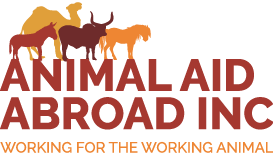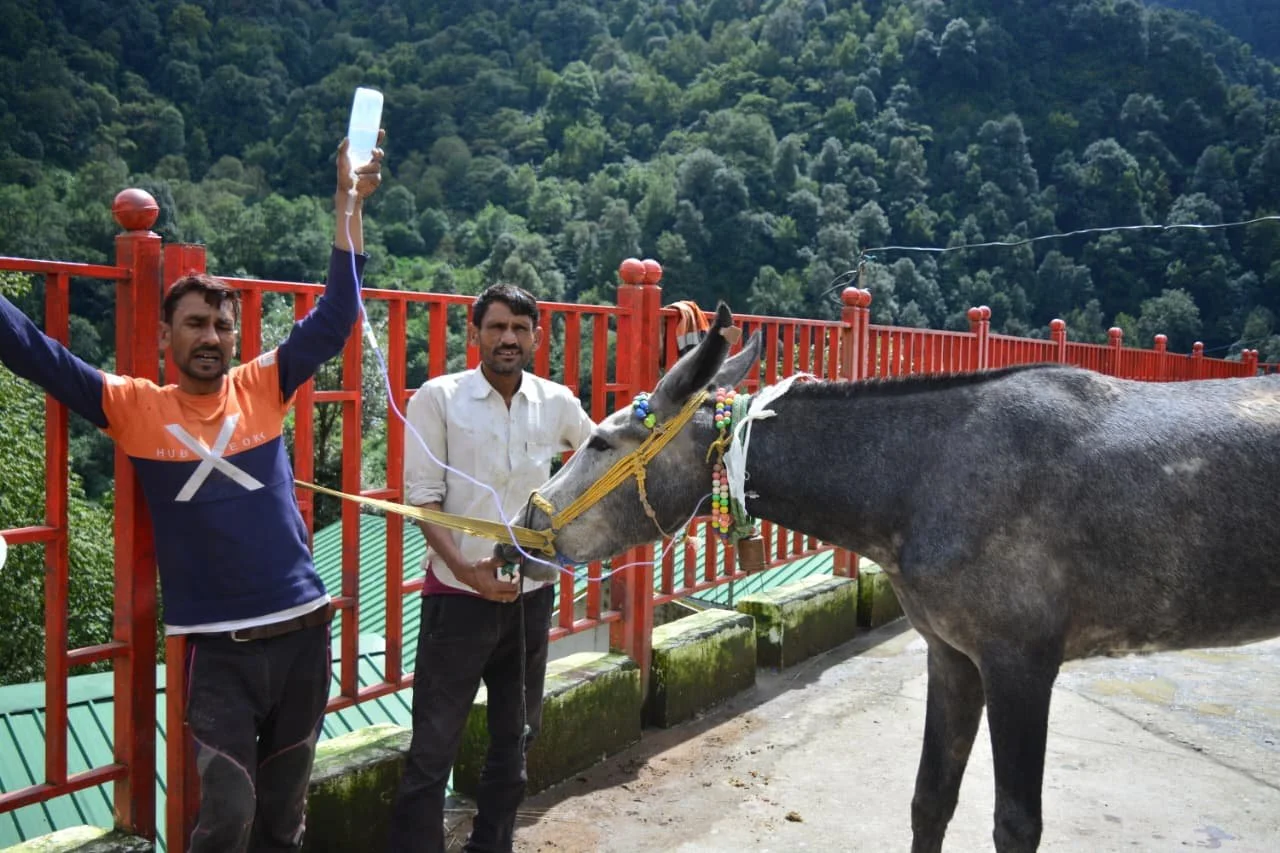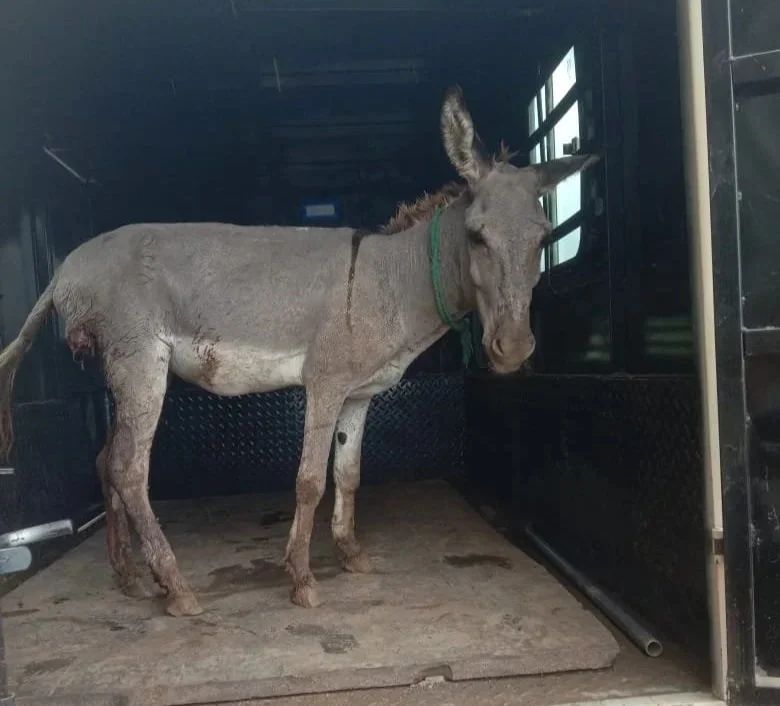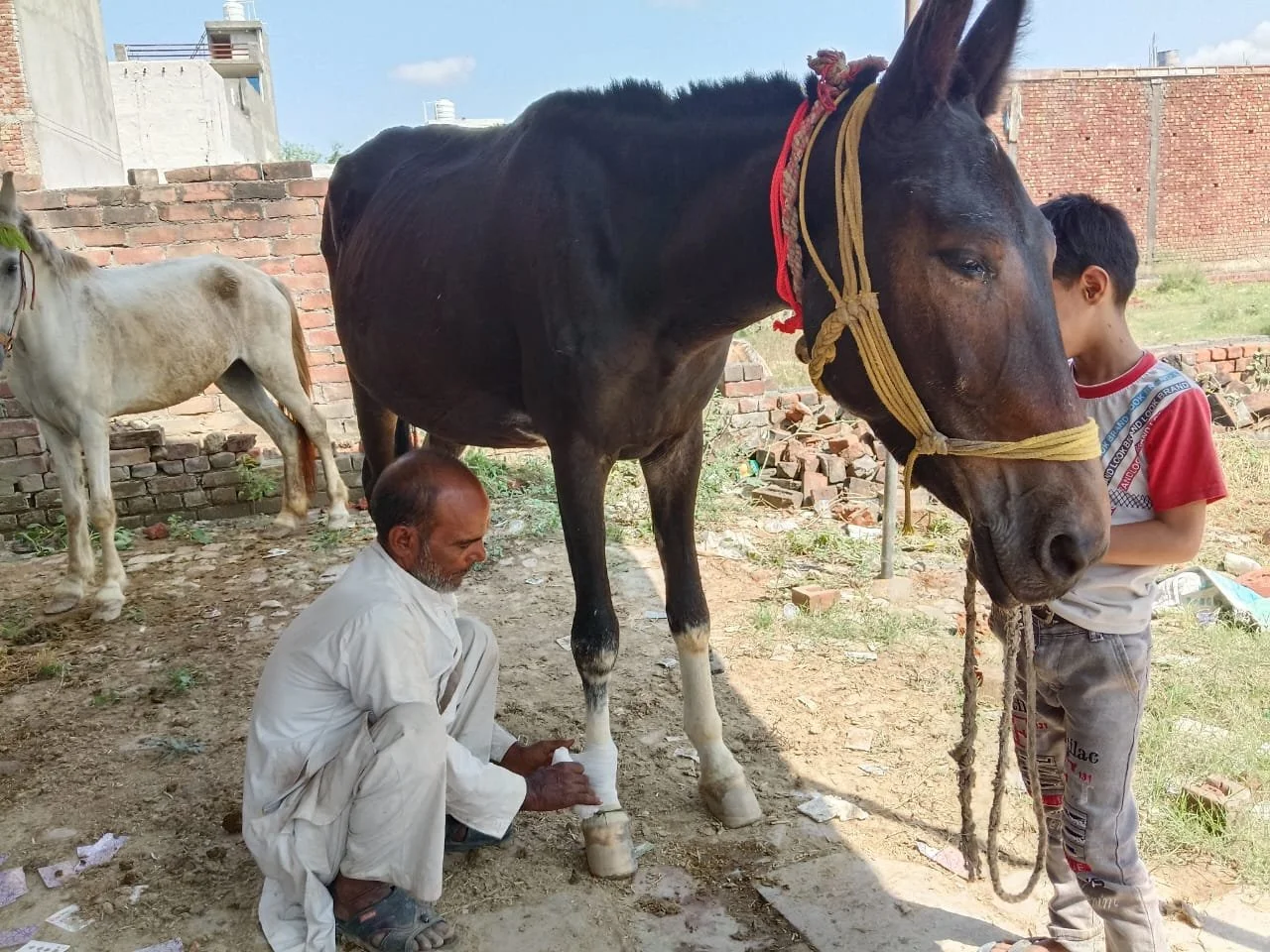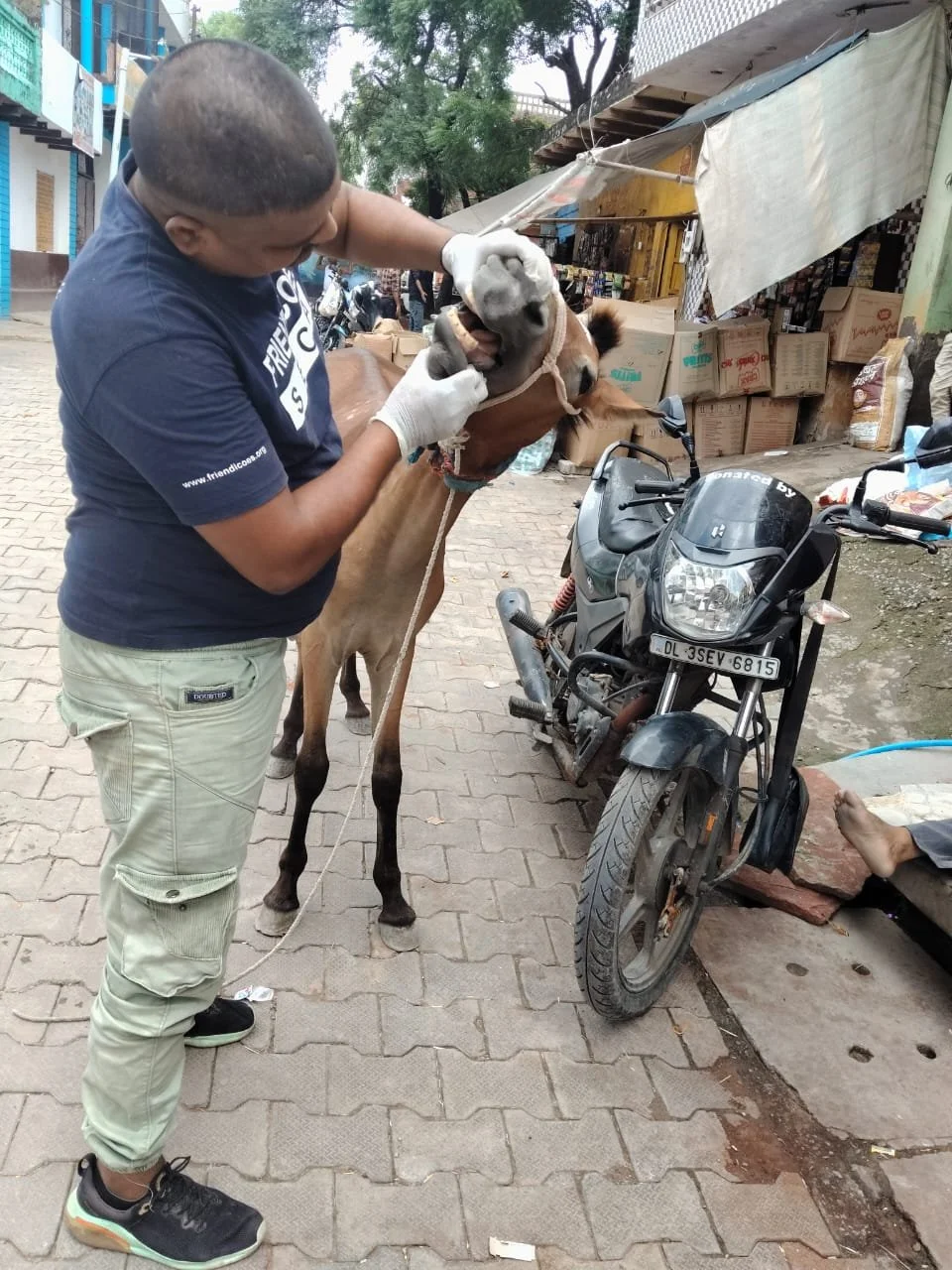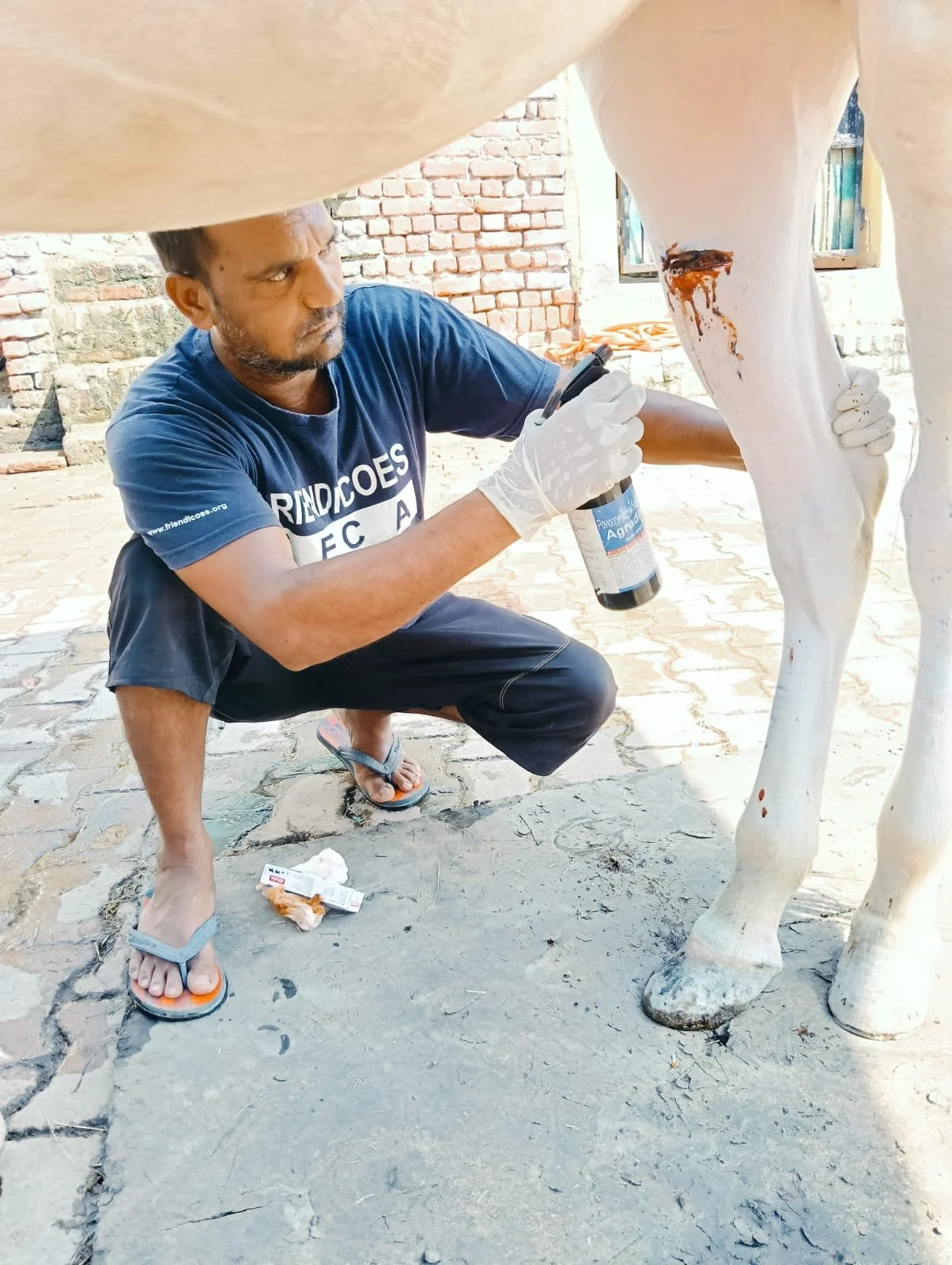Over 1,000 Working Equines Receive Crucial Vet Care
Friendicoes have continued to treat working mules in need through their camp in Kedarnath, India. With support from your wonderful donations, they reached no less than 1,280 equines in September.
Read more about their latest activities below:
Ongoing Veterinary Support in Kedarnath
Building on the successful resumption of the mule treatment camp in August, the veterinary initiative in Kedarnath continued during September. The on-site team remained active throughout the month, ensuring uninterrupted support for the health and welfare of working equines in the region.
The team focused on:
Follow-up treatments: Animals returned for follow-up care. These sessions allowed the veterinary team to monitor progress, adjust medications and ensure proper recovery.
Preventative health measures: Deworming, vaccination and nutritional assessments were emphasised to help prevent common ailments, especially with the onset of cooler weather.
Owner engagement: More structured training sessions were held with mule owners, focusing on early detection of lameness, proper loading techniques, grooming and the importance of rest periods for working animals.
Field outreach: The team expanded its reach by sending team members to remote mule routes and resting points, identifying cases that may not have reached the main camp.
1,280 equines were treated in September for:
● Colic
● Back sores
● Chest wounds
● Leg wounds
● Other wounds
● Eye injuries
● Ear injuries
● Lameness
● Deworming / indigestion
● Vaccinations
● Respiratory infections
● Abscesses
● Hoof problems
● General health checkups
Case studies - colic:
● Frequent lying down and getting up.
● Pain killers given and fluid therapy started.
● Rectal enema - plastic bags taken out.
● Symptoms relived with medicine.
Back sores and chest wounds:
A common injury from long-term saddle application.
Wounds were cleaned with antiseptics and dressed.
Tetanus vaccines and pain killers were also administered.
Leg wounds:
Injuries sustained on the track due to sharp stones.
Lacerated wounds.
Wounds were properly dressed.
Lameness:
Caused by injuries to tendons, joint problems, hoof punctures or kicks from other animals.
Pain killers given.
Advised owners to rest their animals.
Along with veterinary treatments, the Friendicoes’ team distributed hoof picks and soft muzzles for equine owners. Hoof pick allow owners to regular clean the hooves of their working animals, while soft muzzles prevent animals from eating garbage.
In addition, a workshop was held to educate owners about basic care for their animals.
September Rescues
Donkey:
An abandoned donkey was rescued from Gurgaon. She was rescued and taken to Friendicoes’ shelter.
Retired Haryana police horse:
A retired police horse from Haryana was brought to the Gurgaon shelter.
Paravet Team
During September, the dedicated paravet team - Om, Sakir, Salman, Jaheer and Nabab - provided follow-up medical care for 361 working equines.
Thank you for having a heart for working animals and for your fantastic, loyal support. You are helping to change the lives of thousands of equines and create a kinder world.
